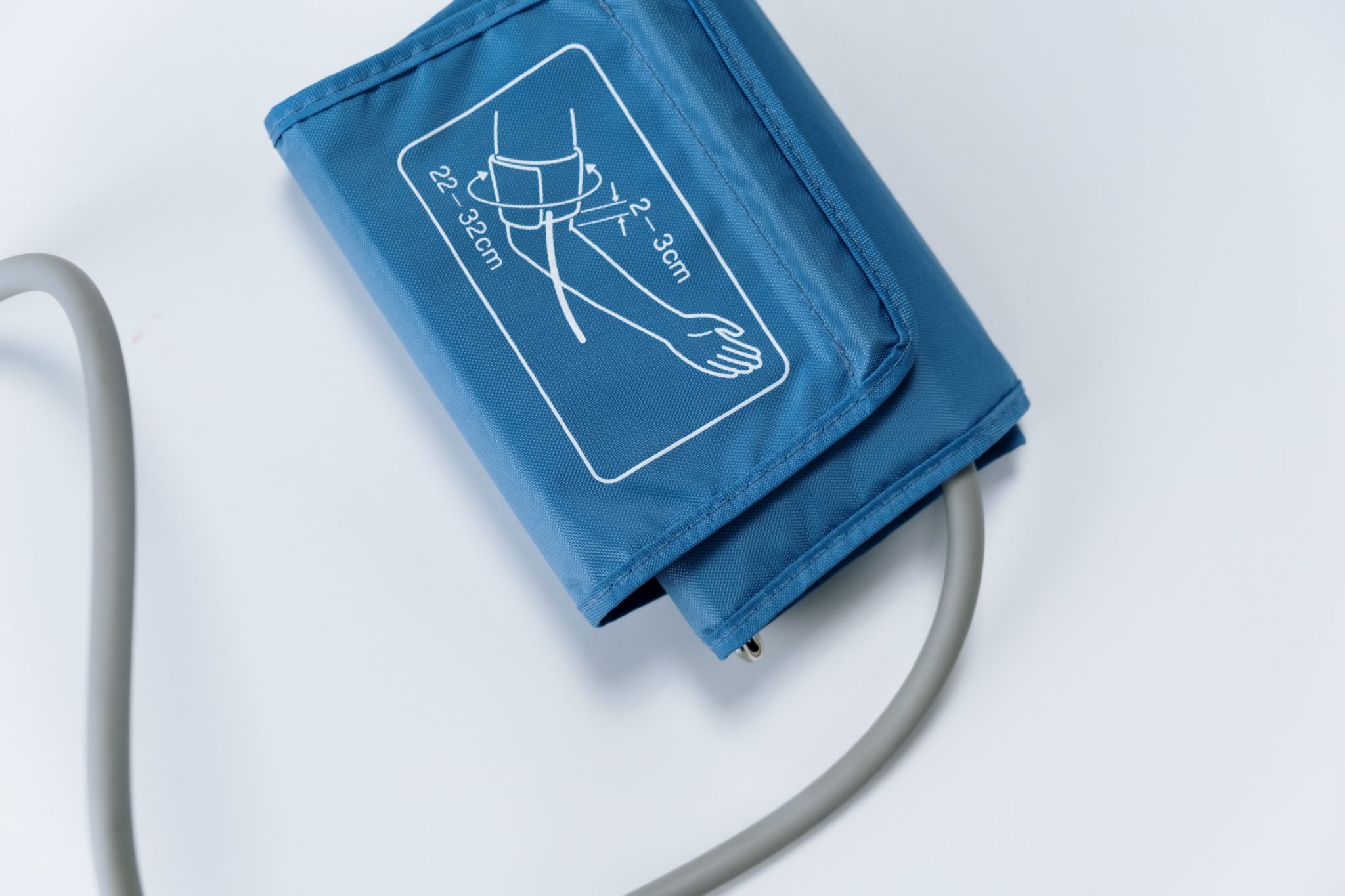Why Trans Fats are Bad for Your Heart
Fat had a bad name for many years, but its reputation was redeemed by the realization that there are healthy fats that our bodies depend on for optimal functioning. However, it’s important to know the difference in the fats you’re consuming, since some like trans fats are particularly unhealthy for your heart.
Trans fats are known to be the worst type of fat, especially for your cholesterol levels. These trans-fatty acids raise your LDL and lower your HDL cholesterol.
We’ll go over more about what trans fats are, why they’re harmful to your heart, where they can be found, and what to eat instead.
What are Trans Fats?
Trans fats are a type of unsaturated fat that can be found naturally in some foods but can also be created artificially.
Natural trans fats
Are found in the highest concentrations in dairy foods, beef, and lamb. They can also be found in chicken and pork but in lower amounts.
Artificial trans fats
Are made through hydrogenation, a process in which hydrogen is blended with vegetable oil to create a semi-solid fat called partially hydrogenated oil.
It is believed that natural trans fats may be less harmful to your health than artificial trans fats. More research still needs to be done on this topic, however, so you should still be mindful of your consumption of all types of trans fats.
Why are Trans Fats Harmful to Your Heart?
Trans fats are bad for your health for a number of reasons, even more so than other types of fats. They are so detrimental to your health that the Food and Drug Administration has actually banned the use of the major source of artificial trans fats in foods and drinks on June 18, 2018.
Trans fats can have a negative impact on your health due to:
- Raising your LDL cholesterol levels (the bad cholesterol)
- Lowering your HDL cholesterol levels (the good cholesterol)
- Increasing your risk of heart disease
- Increasing your risk of heart attack
- Risk of stroke
- Increasing your risk of type 2 diabetes
- Increasing inflammation in the body
While it is usually recommended to consume your favorite “unhealthy” foods in moderation, trans fats are an exception. Even small amounts of trans fats can be harmful to your heart health.
For every 2 percent of calories from trans fat consumed each day, your risk of heart disease goes up 23 percent.
Instead of just trying to decrease your consumption of trans fats, protect your heart health by replacing foods with trans fats with healthier alternatives.
What Foods Have Trans Fats?
Although the FDA ban on artificial trans fats is in full effect, there is one little loophole to watch out for.
If a food contains less than 0.5 grams of trans fats per serving, it can be labeled as containing 0 grams of trans fats.
According to the FDA, foods that contain fewer than 5 grams of trans fats per serving should be labeled according to the nearest 0.5-gram increment. Foods with less than 0.5 grams of trans fats may be labeled as 0 grams of trans fats or could opt to print “Not a significant source of trans fat” at the bottom of the nutrition label. This is important to know so you aren’t confused or tricked into thinking a food product is totally free of trans fats.
Since some nutrition labels may give the impression that a food has no trans fats, we’ll help you navigate through the confusion by highlighting which foods are more likely to contain trans fats in amounts small enough to be labeled as trans-fat-free.
Non-Dairy Coffee Creamers
We’ll start with one of the foods that may be the most surprising source of hidden trans fats. Many people choose to use non-dairy coffee creamers as an alternative to milk, cream, or half-and-half either to avoid dairy or because they’re hoping to cut back on the calories, fat, and sugar that often come in abundance with these traditional creamers.
Unfortunately, in the efforts of trying to make a “healthier” choice for lightening their coffee, many people have subjected themselves to an additional helping of trans fats and sugar. Partially hydrogenated oil gives non-dairy creamer its creamy consistency and long shelf life. Since the FDA ban on artificial trans fats, many companies have decreased the amount of trans fats in their products to qualify as “zero” trans fats.
What to use instead:
- Almond milk creamer
- Coconut milk creamer
- Oat milk creamer
- Soy milk creamer
- Canned coconut milk
For each of these non-dairy creamer alternatives, make sure to double-check the label for partially hydrogenated oils. Sugars can still be quite high so stick to those lower in sugar and use in moderation.
Fried Fast Foods
This probably comes as no surprise as we all know that fried fast foods are severely lacking in nutritional benefits. Vegetable oil is generally the fat of choice for frying foods in restaurants. Any foods fried in this oil will soak up the trans fats and each food fried in the vat will continue to accumulate higher quantities of trans fats, since the high cooking temperature increases the trans fat content.
Ideally, you should avoid fried foods altogether, but if you must indulge on occasion, try substituting with foods fried in trans-fat-free oils. This may be more challenging to find in restaurants, so you may want to prepare these foods at home.
What to use instead:
- Coconut oil
- Olive oil
- Avocado oil
- Peanut oil
These oils are a healthier alternative to vegetable oil if you’re using them for frying foods. Palm oil is also free of trans fats but isn’t particularly sustainable. And remember to use these in moderation!
Margarine and Vegetable Shortening
These fats were created to be used in place of butter but over the years, it’s turned out that they created more health problems. Both were initially made with partially hydrogenated oil but with the ban on artificial trans fats, many companies are decreasing their trans fat content. However, even if they’re labeled as trans-fat-free, you should check the ingredient label, since they may still contain a small amount that doesn’t need to be claimed on the label.
What to use instead:
- Butter
- Olive oil
- Coconut butter
- Plant-based butter
As always, be sure to double-check labels for partially hydrogenated oils. And make sure to use these healthier fats in moderation.
Summary
Now you know how trans fats can be bad for your heart, along with your physical and mental wellbeing. You also know some of the foods where trans fats may still be lurking, but you have plenty of tasty alternatives to choose from.
While a healthy diet and lifestyle are extremely helpful for a strong cardiovascular system, it’s important to seek out professional care if you have a history of heart disease or experience any symptoms related to heart disease. If you’re experiencing symptoms of poor cardiovascular health that don’t respond to diet and lifestyle changes, contact us today to book an appointment.





